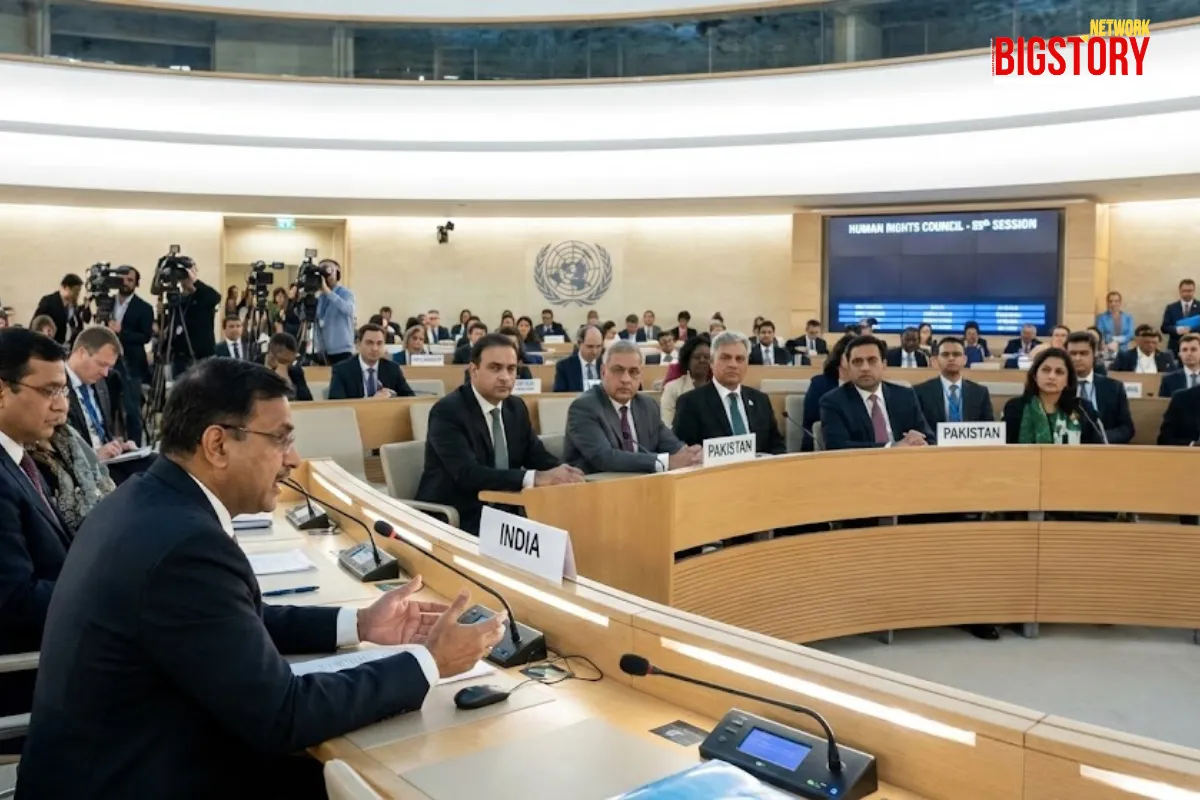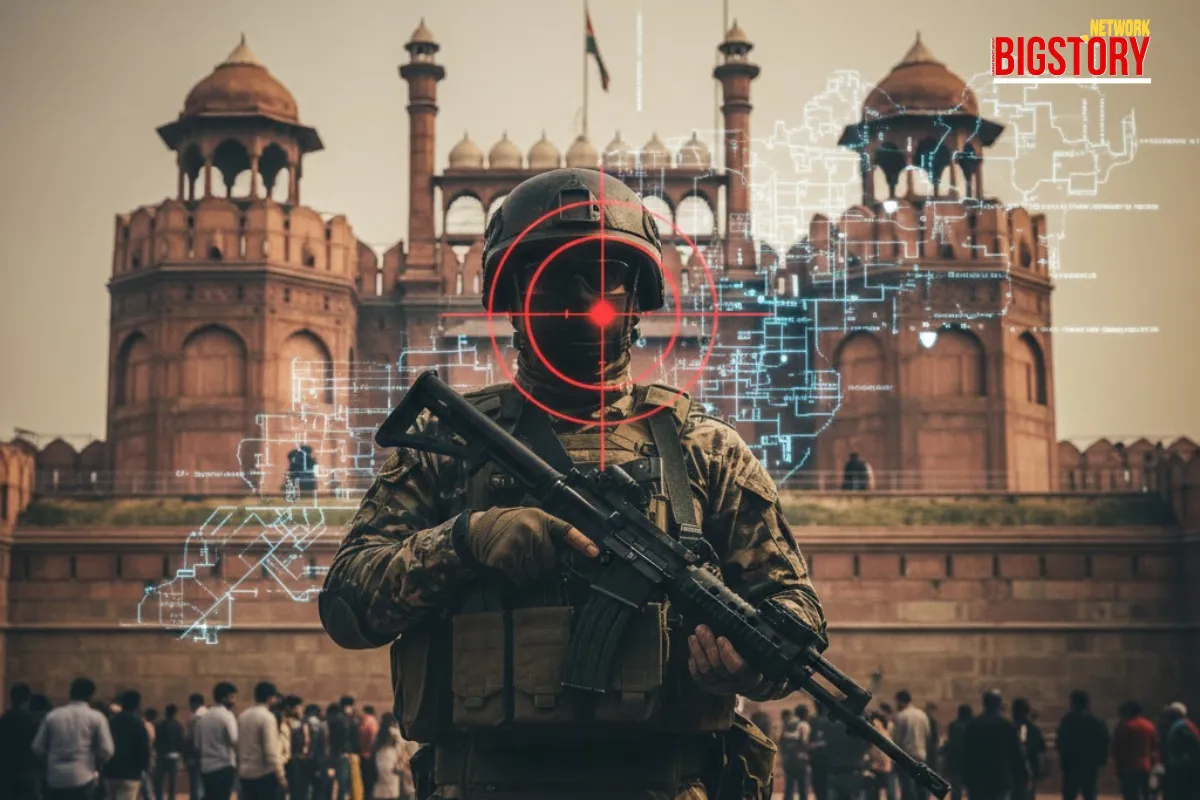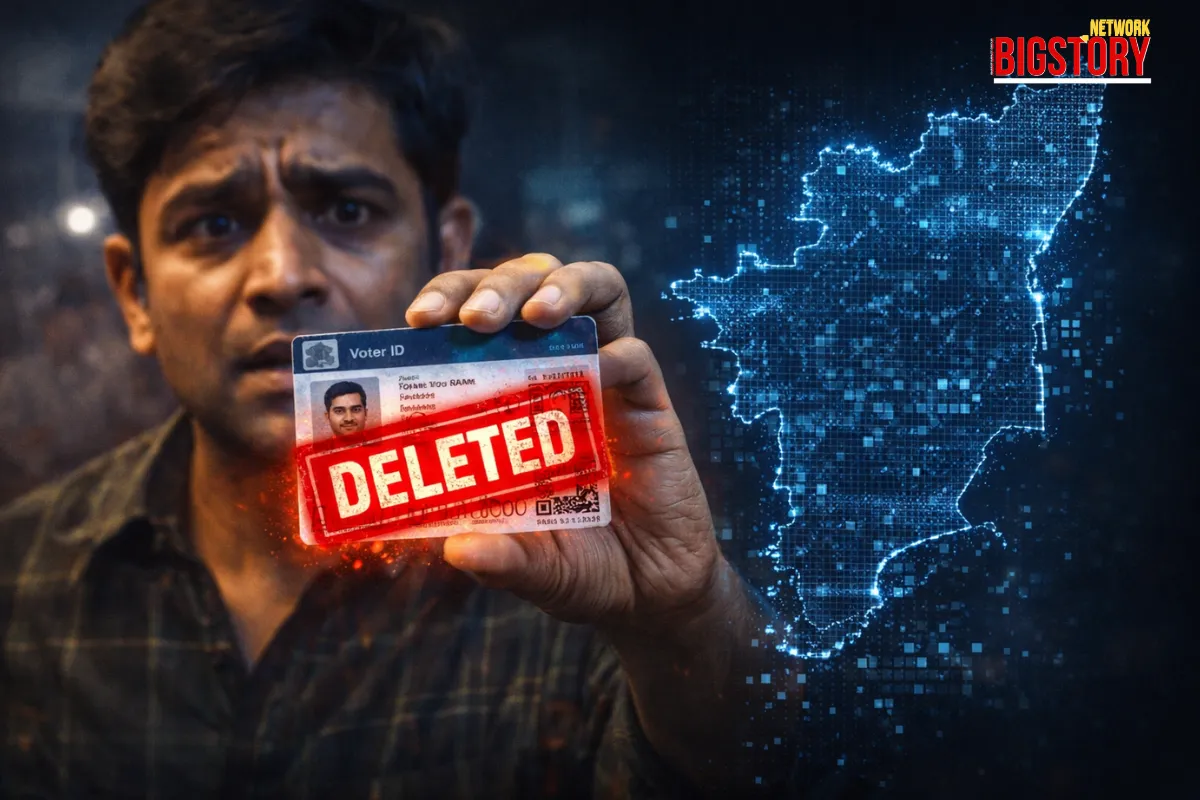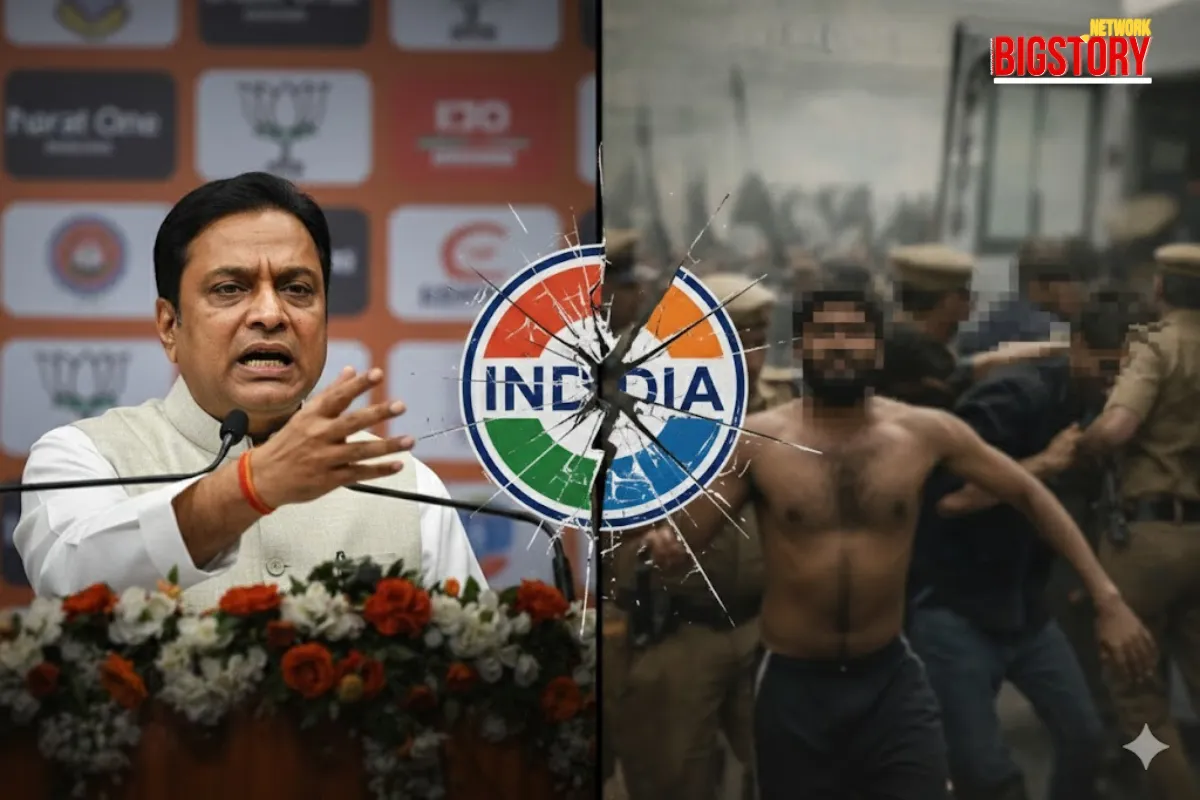A major rift has erupted within the Congress party as senior Kerala leaders declare Shashi Tharoor is "no longer one of us," accusing him of a pro-government stance and questioning his loyalty, sparking a public debate on party discipline.
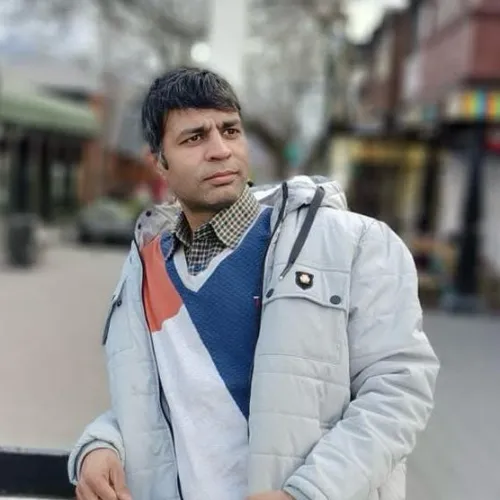 Manish Saini
Manish Saini
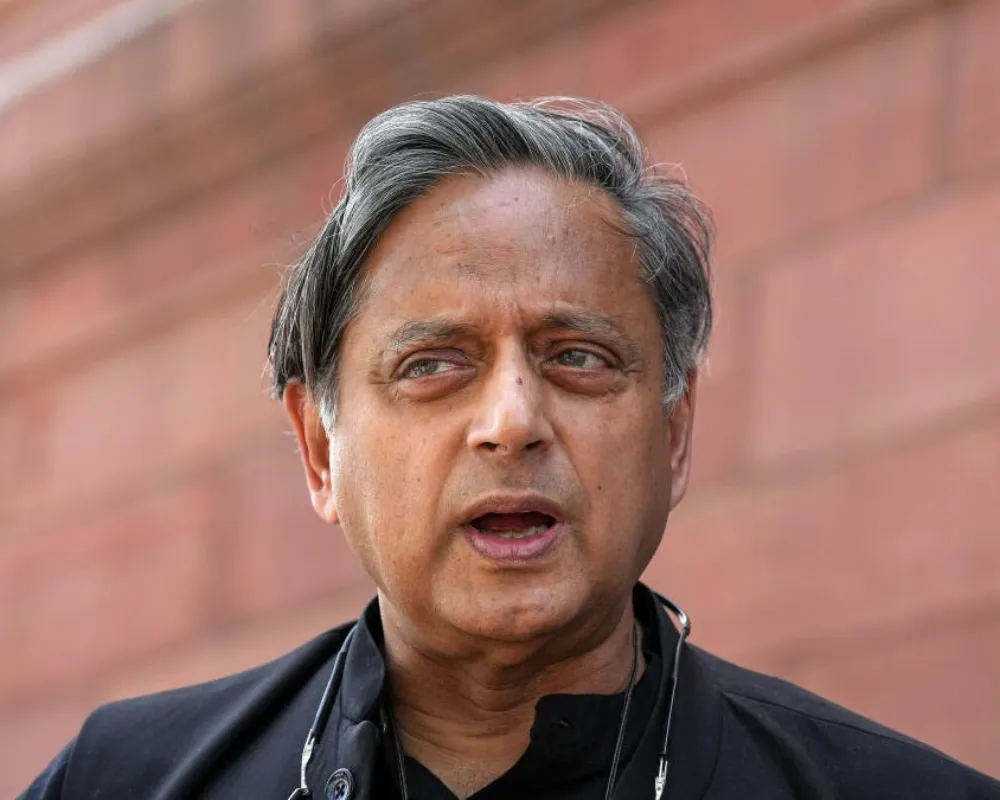
The long-simmering tensions between veteran Congress MP Shashi Tharoor and sections within his own party have erupted into an open and acrimonious public spat. Senior Congress leader from Kerala, K Muraleedharan, has delivered a scathing indictment, declaring that Tharoor is "no longer one of us" and will not be invited to party events in Thiruvananthapuram until he changes his stance on national security issues.
This dramatic public snub comes after a series of instances where Tharoor's views and actions have seemingly diverged from the official party line. The latest flashpoint appears to be Tharoor's comments following the Pahalgam terror attack and his support for the central government and armed forces on related national security matters. He has consistently maintained that "the nation comes first" for him, even if it means cooperating across party lines on matters of national interest.
Muraleedharan's harsh words reflect a deep-seated frustration within the Kerala unit of the Congress. He accused Tharoor of repeatedly attacking the Congress and even criticizing former Prime Minister Indira Gandhi over the Emergency, actions which are seen as undermining the party's foundational principles. Other senior leaders, like Rajmohan Unnithan, have gone further, alleging that Tharoor passes on internal party deliberations to Prime Minister Modi and should be barred from Congress Parliamentary Party meetings.
The core of the dispute revolves around the concept of party loyalty versus national interest. Tharoor, a globally recognized intellectual and diplomat, has often advocated for a bipartisan approach to foreign policy and national security, arguing that such issues should transcend political differences. However, for many within the Congress, especially the Kerala unit, this has been interpreted as a "pro-Modi" stance that weakens the party's opposition narrative.
The public declaration by Kerala leaders, effectively boycotting Tharoor from local party functions, places the ball squarely in the court of the Congress high command. While Tharoor remains a member of the Congress Working Committee (CWC), the party's highest decision-making body, the state unit's actions signal a clear intent to isolate him if he does not align with their views.
Tharoor, for his part, has hit back, questioning the credibility and party position of those making these allegations. He has reiterated his stand that his loyalty is first and foremost to the nation. However, the direct challenge from his own party colleagues indicates that the internal conflict has reached a critical juncture.
This ongoing feud highlights the broader challenges facing the Congress party as it seeks to rejuvenate itself and present a united front against the ruling BJP. The public infighting not only damages the party's image but also raises questions about its internal cohesion and ability to enforce discipline among its ranks. Whether this latest escalation will lead to disciplinary action against Tharoor by the central leadership, or if a truce can be brokered, remains to be seen. What is clear, however, is that the statement "Shashi Tharoor is no longer one of us" marks a significant and potentially defining moment in his political career and the internal dynamics of the Indian National Congress.



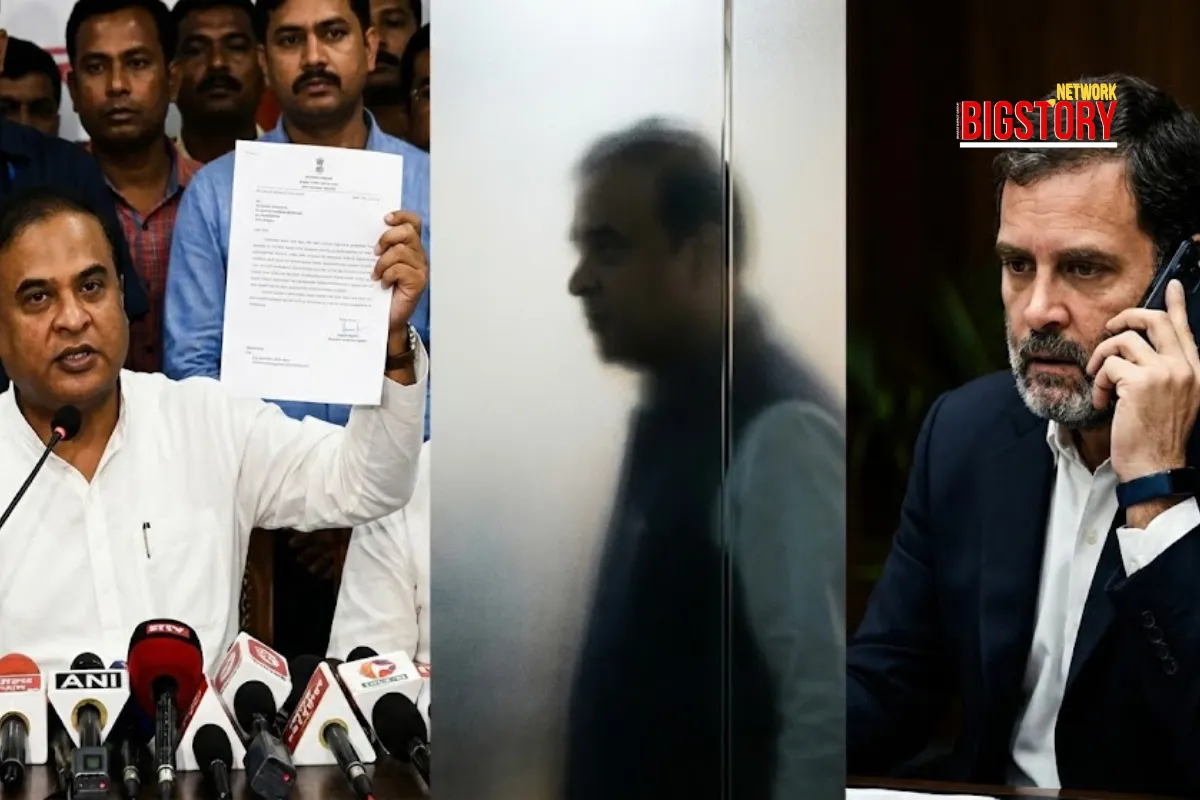


Sign up for the Daily newsletter to get your biggest stories, handpicked for you each day.
 Trending Now! in last 24hrs
Trending Now! in last 24hrs
